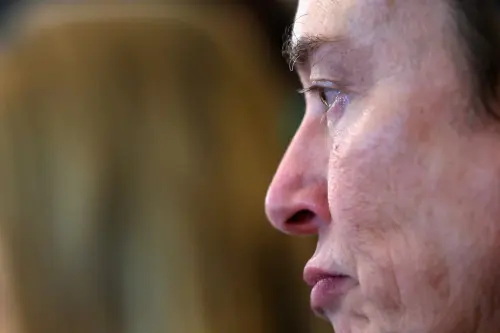

9:00 am EDT - 12:30 pm EDT
Past Event
9:00 am - 12:30 pm EDT
1775 Massachusetts Ave., NW
Washington, DC
A central goal of health care reform is to provide more effective, personalized care at a lower cost. Medical breakthroughs enabled by modern science are key to achieving this goal. To ensure that Americans continue to benefit from these breakthroughs, we must take steps now to foster a culture of biomedical innovation. Simultaneously, to ensure that these breakthroughs are accessible and affordable for all who need them, we need to adopt policies that promote economic value in the delivery of health care.
On April 22, the Engelberg Center for Health Care Reform and the Leonard D. Schaeffer Center for Health Policy and Economics at the University of Southern California hosted an event with key stakeholders to discuss practical steps in reimbursement and evidence development that can promote such innovation and economic value. Former House Speaker Newt Gingrich and former Office of Management and Budget Director Peter Orszag offered keynote remarks.

Elaine Kamarck
May 5, 2025

John W. McArthur, Zia Khan, Jacob Taylor, Clea McElwain
March 3, 2025

Nicol Turner Lee, Malaika Simmons, Michael Crawford
March 3, 2025